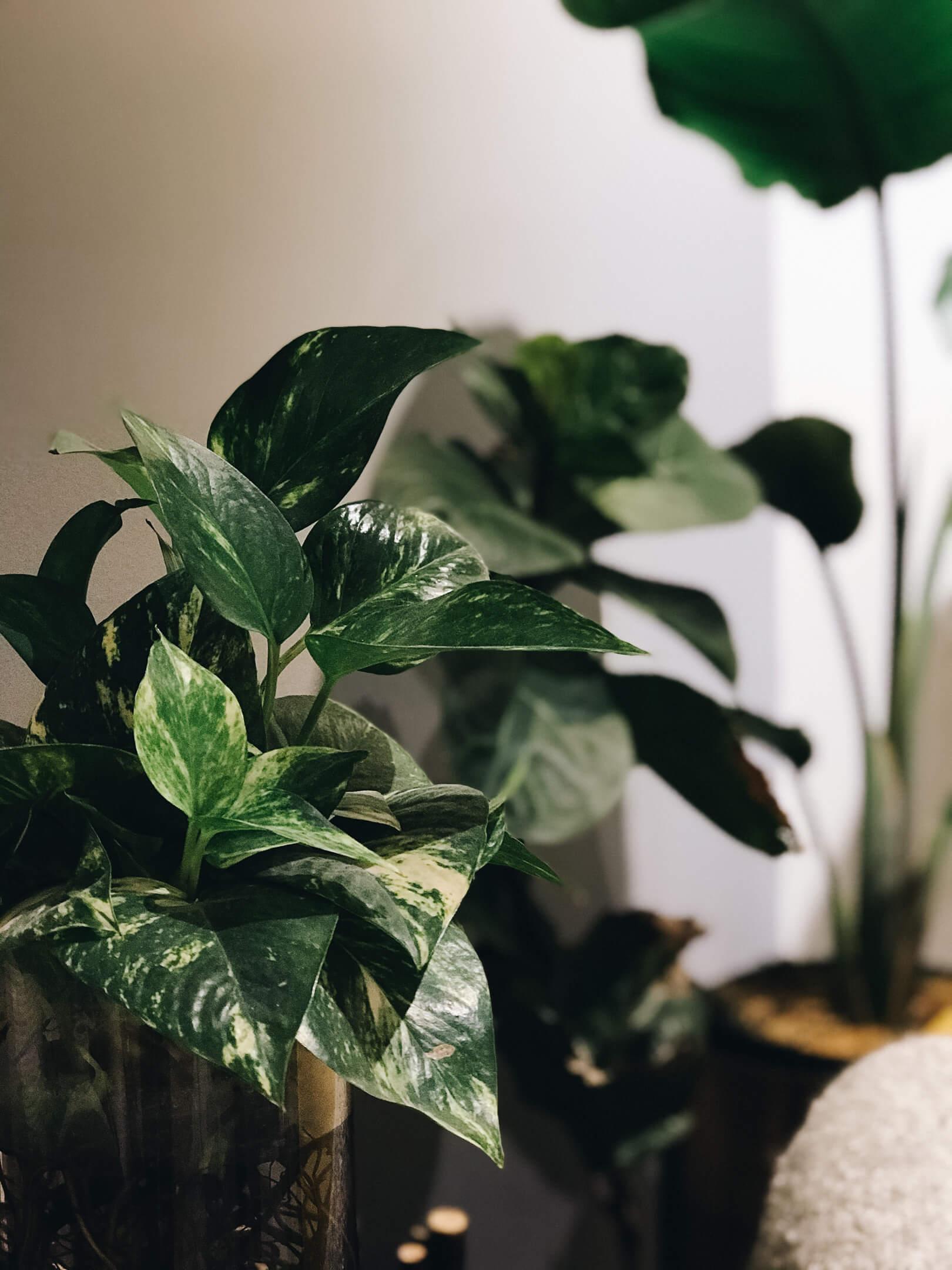
Studies show that indoor plants can boost your mood, reduce stress, absorb toxins found in indoor air, add a sense of calm in any space, etc.
While a few of us at #normandthegang love the idea of being plant owners, most of us don’t have the capacity to truly know what it takes to be a bonafide plant parent.
Unless you’re Joseph.
In an effort to pay it forward and share the knowledge, we’re launching Joseph’s plant series as a way to share tips on all things plant-related.
To kick things off, we’ve asked Joseph to answer 5 questions to help us (and you!) become proud plant parents. Read on!
Q: Which plants are the best for beginners?
A: After acquiring many plants over the years, I’ve found the following plants to be the best for beginners:
1. Pothos plant
2. Snake plant (Sansevieria)
3. Zanzibar plant (ZZ plant)
4. Jade plant
5. Dracaena plant
Q: How do I know how much water to give my plants?
A: Most plants require water once to twice a week. A quick sign that your plant needs watering is when the soil is dry to the touch. If the soil is still wet, hold off on the water for a few more days. Most people (including me!) love our plants way too much and give them too much water and that’s one of the main reasons our plants die.
Q: How do I know which pots to get for my plants?
A: It’s best to choose a pot 1-2” larger than the current size. If you go too small, there will be no room for the plant to grow. If you go too big, the new size can shock the roots of the plant.
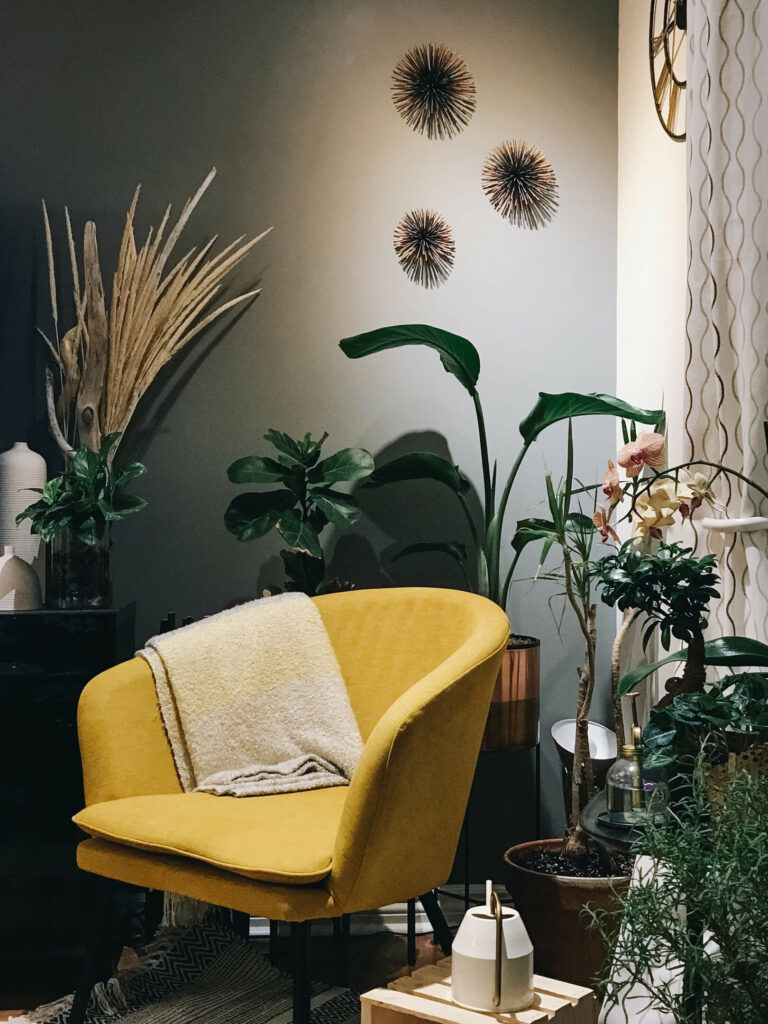
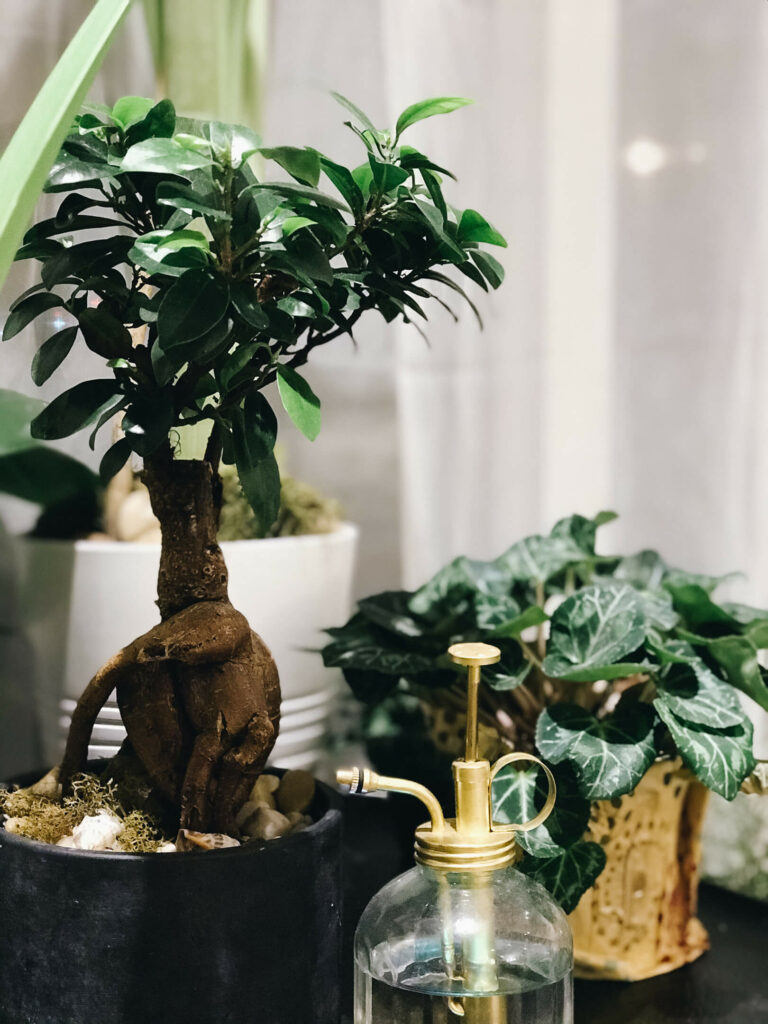
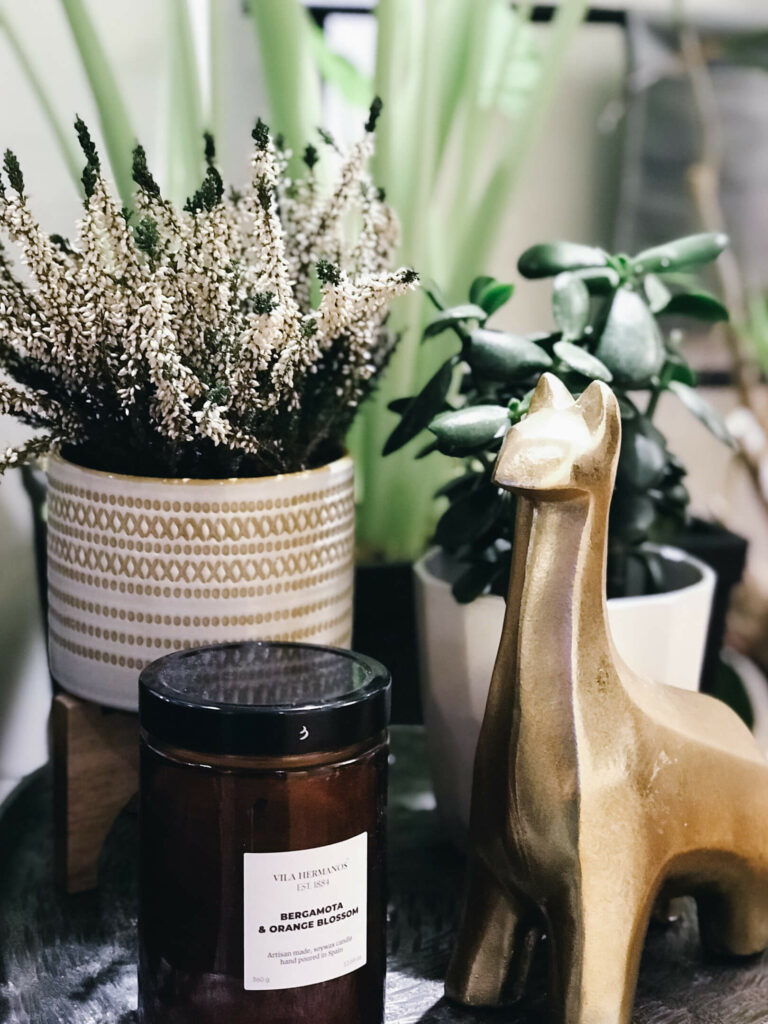
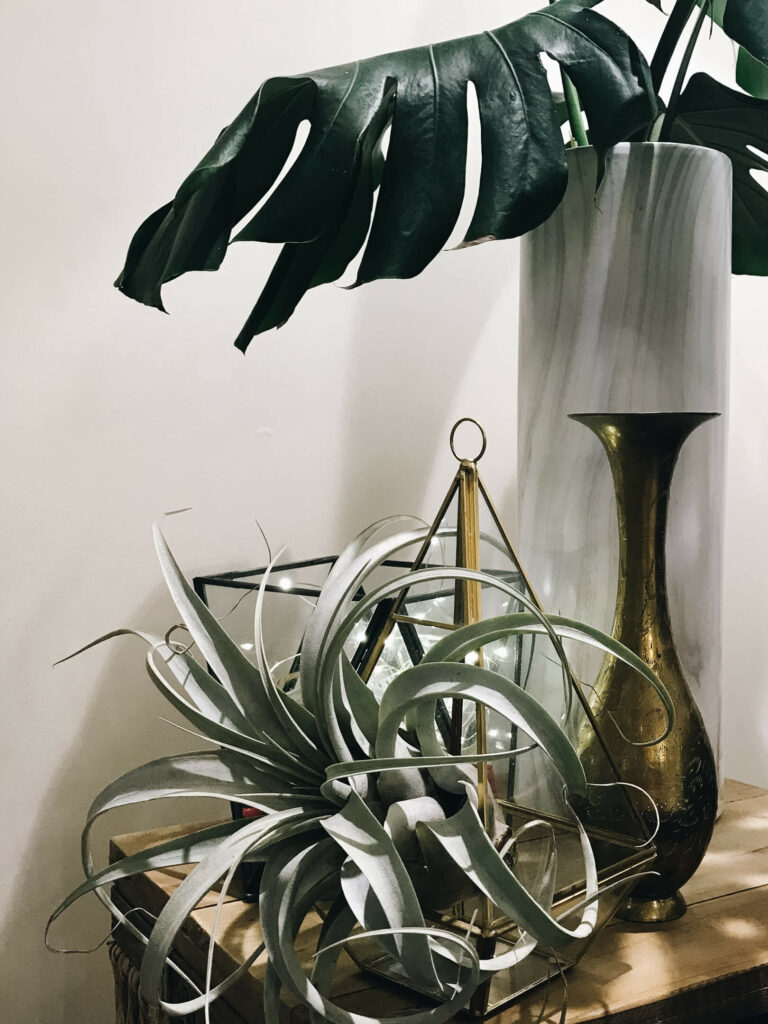
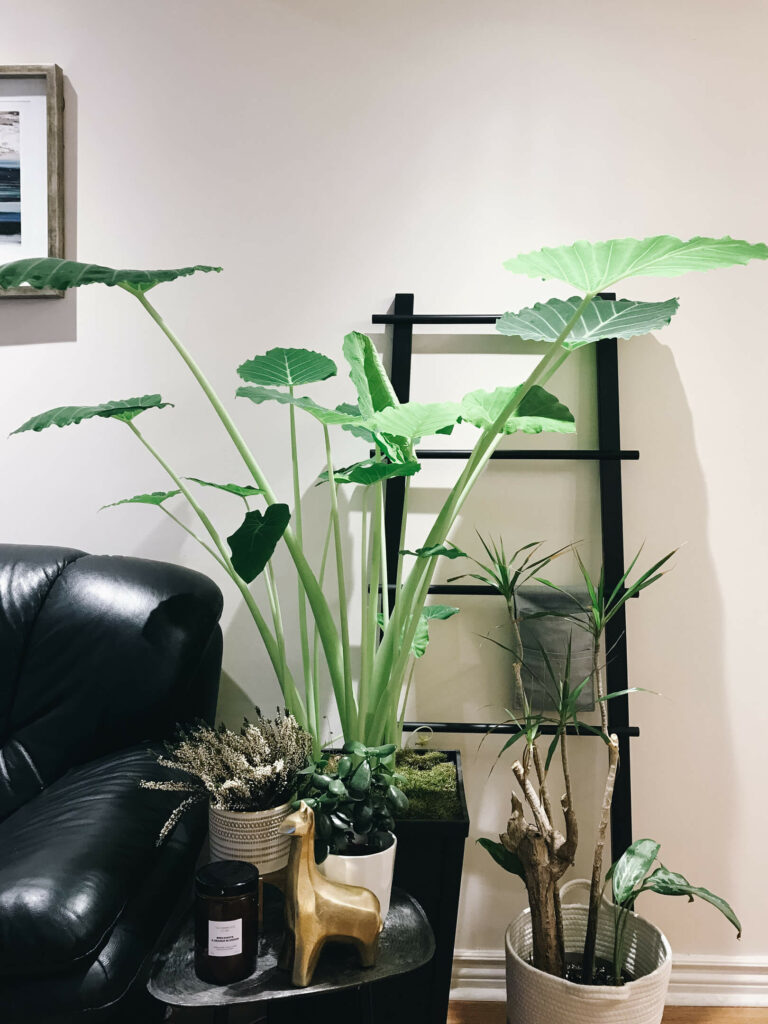
Q: Which indoor plants should I stay away from if I have pets?
A: Although houseplants can bring a green and aesthetic look to our homes and a great way to purify the air, there are quite a numbers of plants that can be poisonous to pets if they chew on them:
1. Aloe Vera
2. Devil’s Ivy
3. Chinese Evergreen
4. Dracaena or Dragon tree
5. Asparagus Fern
6. Snake plant (Sansevieria)
7. Peace Lily
8. Rubber Tree plant
9. Cyclame
Q: What is the secret to keeping herbs alive indoors?
A: Growing herbs is a great way to bring in some greenery into a home, especially when we can also use them for cooking. Although most of the herb plants do best in the outdoor full sun environment, they can also be kept indoor for a few months during winter time — as long as they’re placed in a sunny or bright location, watered regularly and kept pruned. The more we prune and use the herbs, the more they will produce. When the weather gets warmer, bring them outside so they can produce even more!
Interested in levelling up on your plant care skills? We’ve got more tips coming your way so stay tuned!